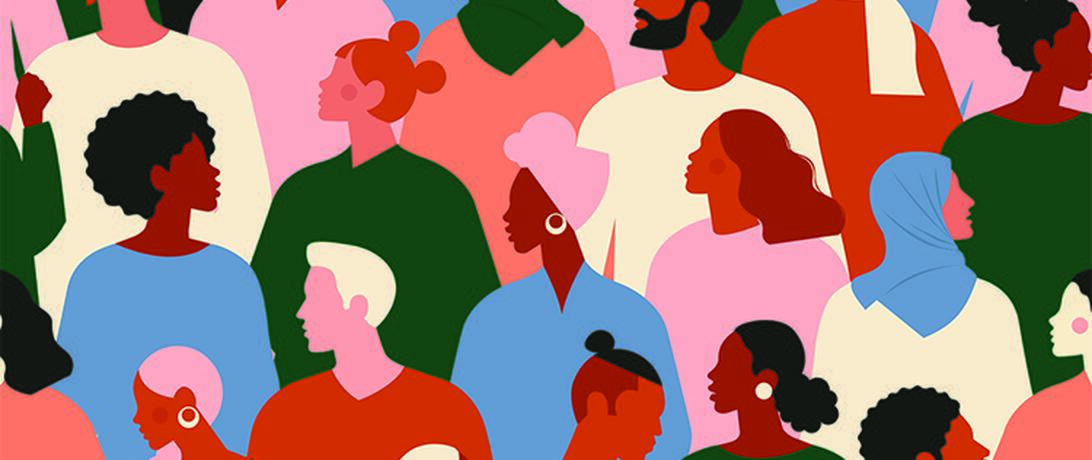
June is Pride Month and in the U.S. we also commemorate “Juneteenth” on June 19th, the marking of the end of slavery in the U.S. Already widely recognized, we applaud the U.S. House of Reps for recently voting overwhelmingly to formalize Juneteenth as a national federal holiday. OEF wants to extend our support for these celebrations and take this chance to reflect on our approach to issues of equity and inclusion.
Issues of equity, inclusion, and diversity are at the heart of peacebuilding. That’s true when considering how to deliver the goal of peace - peacebuilding work that doesn’t consider the gendered impact or its impact on different groups will probably struggle to contribute to peace. It’s also true when considering how peacebuilding organizations, especially organizations working outside of the region they’re based in, structure and strategize their work and their administration.
Like many organizations, OEF is wrestling with the best way to approach these issues, and want to briefly introduce the structures we have in place to support our work. We have had an active program- Our Secure Future - focusing on advancing the Women, Peace and Security agenda since 2016. WPS recognizes both the critical role that women play in conflict prevention, resolution, and peacebuilding; and the fact that gender mainstreaming results in more positive outcomes for peace, security, and prosperity. We’ve also taken some steps like our Commit to Inclusivity pledge that includes publishing data about our pay equity and a commitment to not appear on panels that don’t represent the diversity of interests involved.
We’ve also had staff-led discussions and committees for several years, and in 2020 we formally developed two committees - the Gender Race Religion Ethnicity Nationality (GRREN) committee focusing on improving our programmatic or external facing work, and the “DEI at OEF” committee focusing on improving our internal office environment, processes, and structures. Both committees include an OEF director as chair, to allow for a direct connection to management, but are made up mostly of non-management staff and are intended to allow for staff-led development of ideas.
The mission of the GRREN group is to assist OEF programs to do no harm. The GRREN group will work toward this mission by actively striving to take into account gender, race, religion, ethnicity, nationality, and other intersectional identities. The GRREN group strives to use a decolonizing lens and foster a commitment to universal equality throughout OEF programmatic work, and strengthen organizational capacity on GRREN issues.
The DEI at OEF committee emphasizes recommendations for how to improve OEF’s performance internally around issues relating to diversity, equity and inclusion. As an organization with a large international staff, this also includes elements of internationalization and localization - reviewing our internal structures to ensure that they’re not falling inequitably across our different offices, and also finding where we can identify the best practices and learning that we can bring from one office to the other.
This work is, as all DEI processes are, a work in progress. Both committees can point to contributions we have made to OEF work, but both committees also know that even the best internal approaches are contending with significant and entrenched inequities. OEF wants to approach these questions the way we approach our work overall: with the assumption that iteration is needed, with an attention to outcomes, and with the understanding that while addressing structural racism, misogyny, and the long shadow of colonialism may be a generational project, we nevertheless must hold ourselves accountable to short-term and observable change.
Article Details
Published
Topic
Program
Content Type
Opinion & Insights